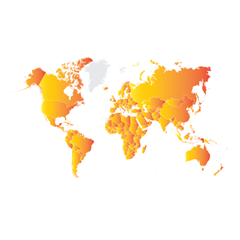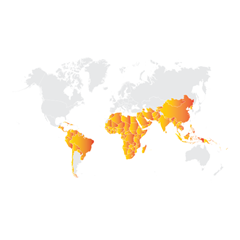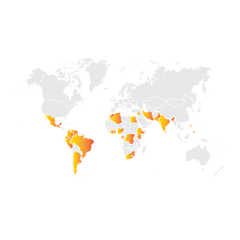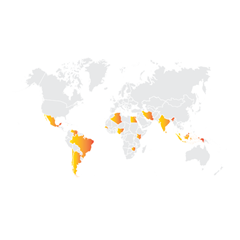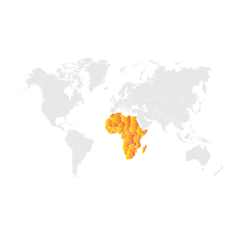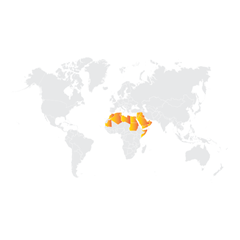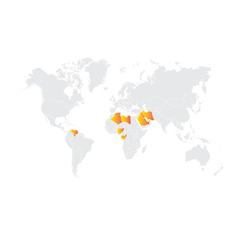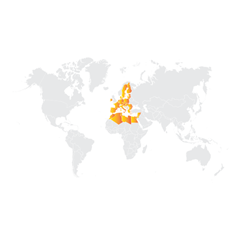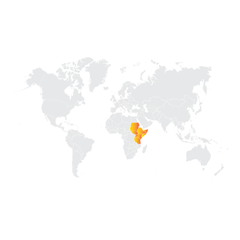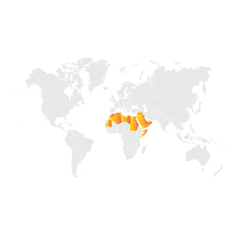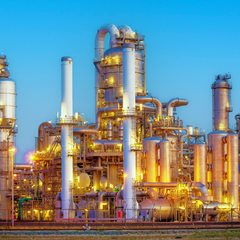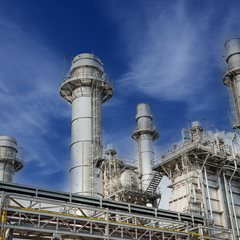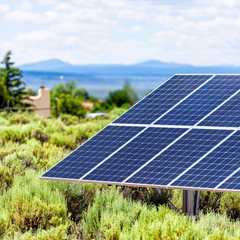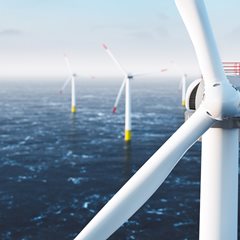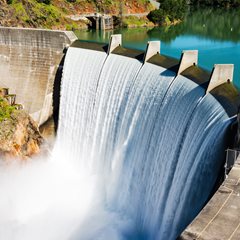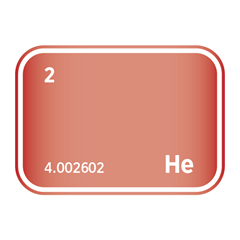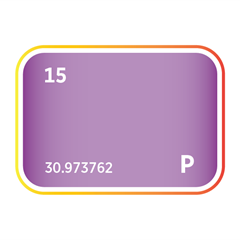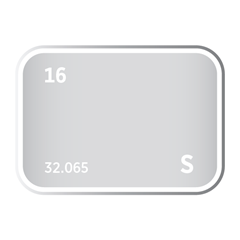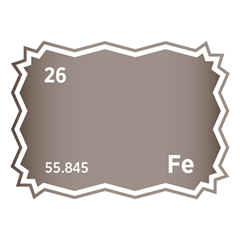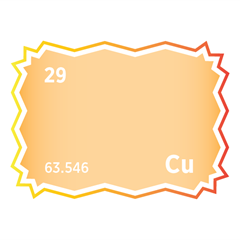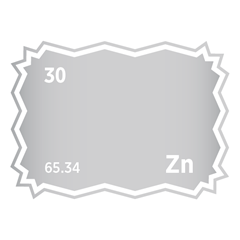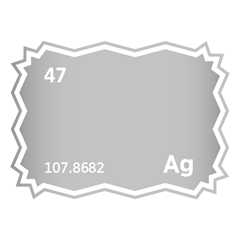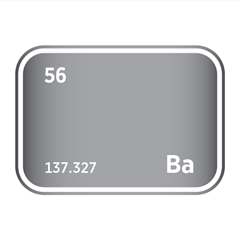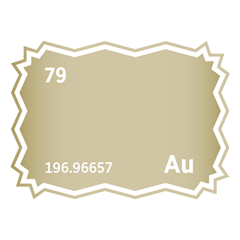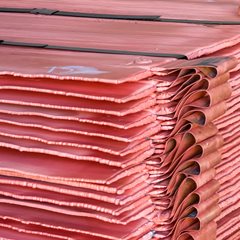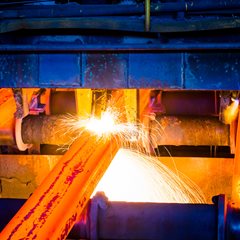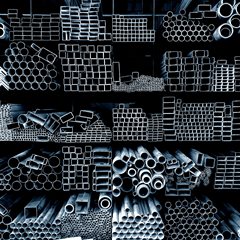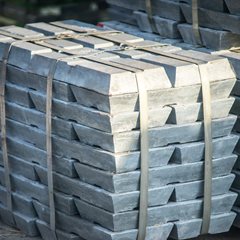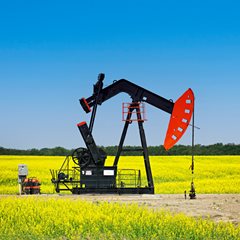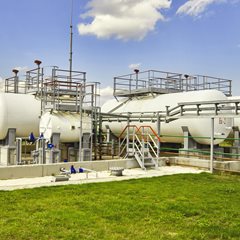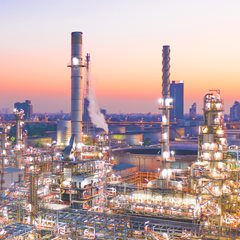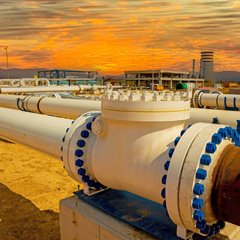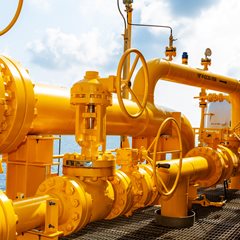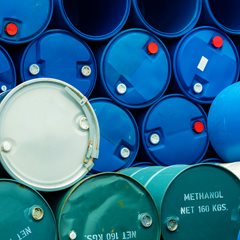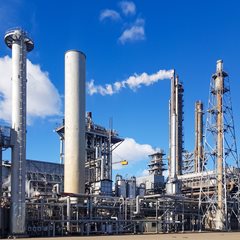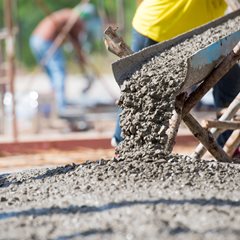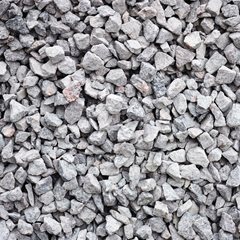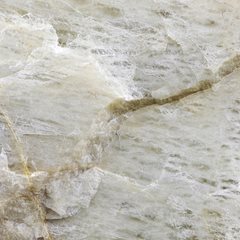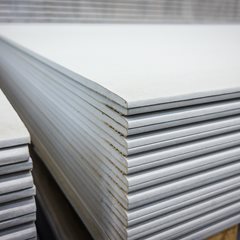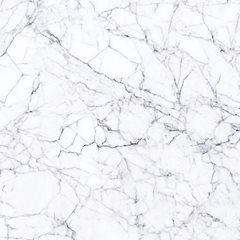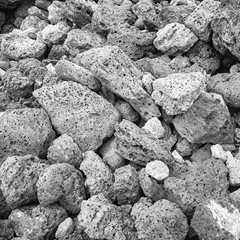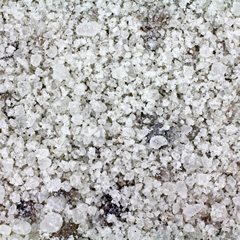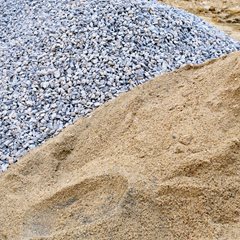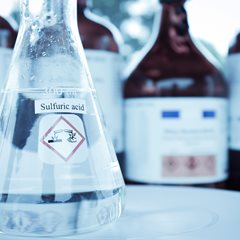Algeria
Critical minerals, policy, and the energy transition
The Energy Transition in Algeria
Algeria is becoming a key player in both Africa and the Middle East in the global energy transition. With its abundant natural gas resources and growing commitment to renewable energy, the country is central to shaping the future of clean energy across the region. Algeria’s strategic location and significant reserves of critical minerals, including copper, iron, and phosphorus, make it an important source of raw materials essential for green technologies. As the country invests more in solar and wind power, it aligns with broader regional goals for energy diversification and sustainability, reinforcing its role within OPEC and its broader geopolitical influence in Africa and the Middle East. In particular, Algeria’s active role in regional frameworks such as the Arab League and the African Union enhances its influence in shaping energy policy and ensuring a more resilient and sustainable energy future for the region. Algeria's mineral wealth, including essential resources such as zinc, silver, and helium, plays a crucial role not only for the African continent but also for the Middle East’s energy transition. These minerals are vital for the growing demand for renewable energy technologies and electric vehicles, making Algeria an important contributor to regional and global energy security. With major reserves of phosphate and barium, Algeria has the potential to drive innovation in energy storage and battery production. By focusing on both energy production and mineral extraction, Algeria is advancing its energy transition while strengthening its leadership in both Africa and the Middle East. This dual focus on energy and minerals places Algeria at the heart of emerging clean technology industries and positions it to attract greater foreign investment, fostering long-term economic growth and stability in the region.
Latest news and insights
Stay ahead in the energy transition with SFA (Oxford)’s cutting-edge insights into how rare earth potential, phosphate reserves, natural gas exports, and evolving ESG strategies are shaping Algeria’s critical role in global resource security and regional clean energy leadership.

Critical minerals could make the next outage permanent
18 November 2025 | Jamie Underwood, Ismet Soyocak
Cloudflare’s outage disrupted 20% of global web traffic, spotlighting the internet’s vulnerability to centralised systems, and the critical minerals powering them.
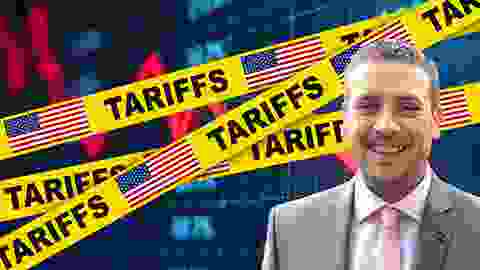
Declaring a US Trade Emergency
3 April 2025 | Jamie Underwood
The US declared a trade emergency, imposing sweeping tariffs, rare exemptions, and bold legal moves. What triggered it, and what will happen next?
Annex-I: Adjusted US Reciprocal Tariffs Country List
2 April 2025 | White House
Algeria's international economic, trade, and security alliances
Algeria’s Clean Energy Outlook and Strategic Vision
Algeria sits at a critical moment in its energy and economic evolution. With vast solar potential, significant critical mineral reserves, and a strategic location near Europe, the country is actively repositioning itself as a clean energy and supply chain hub for the Euro-Mediterranean region. Guided by official frameworks such as the Renewable Energy Development Plan 2020–2035 and the National Hydrogen Strategy 2022, Algeria is pursuing 15 GW of renewable capacity by 2035 and 40 TWh of green hydrogen production by 2040. This national vision is backed by reforms in infrastructure, mining, and trade, but hinges on unlocking investment, expanding technical capacity, and modernising governance to deliver a resilient and just transition.
Algeria is the largest country in Africa by land area, with a population of approximately 45 million and a GDP of around US$195 billion (2024 estimate). The economy is heavily centralised and state-led, with hydrocarbons accounting for over 20% of GDP, 60% of fiscal revenues, and 95% of export earnings. While Algeria has maintained macroeconomic stability through foreign exchange reserves and state subsidies, the economy remains vulnerable to fluctuations in global oil and gas prices. Non-hydrocarbon sectors such as agriculture, manufacturing, and services contribute a growing share of employment but remain underdeveloped.
The population is young, with a median age of around 29 years, and over 70% of Algerians live in urban areas. Unemployment, particularly among youth and women, remains high, and regional inequality persists between coastal urban centres and the under-served interior and southern regions. These demographic and economic realities shape the urgency of Algeria’s energy transition and industrial diversification agenda.
To achieve its clean energy vision, Algeria has set several forward-looking national targets. By 2035, it aims to install 15 GW of renewable energy capacity, primarily from solar photovoltaic. Under its green hydrogen strategy, Algeria plans to produce 40 TWh equivalent of hydrogen by 2040, with at least 10% allocated for export to Europe. National investment plans also include upgrading over 5,000 km of transmission infrastructure by 2030, deploying smart grids, and achieving a 10% energy efficiency improvement across all sectors by 2035.
In the mining sector, Algeria has committed to mapping and evaluating its strategic mineral reserves by 2027, with the goal of launching at least five new industrial-scale mining projects by 2030. On the socio-economic front, the government aims to reduce fossil fuel subsidies by 25% by 2032, redirecting savings into renewables, social protections, and vocational training. Delivering on these ambitions will require policy coherence, increased investment, and more inclusive governance.

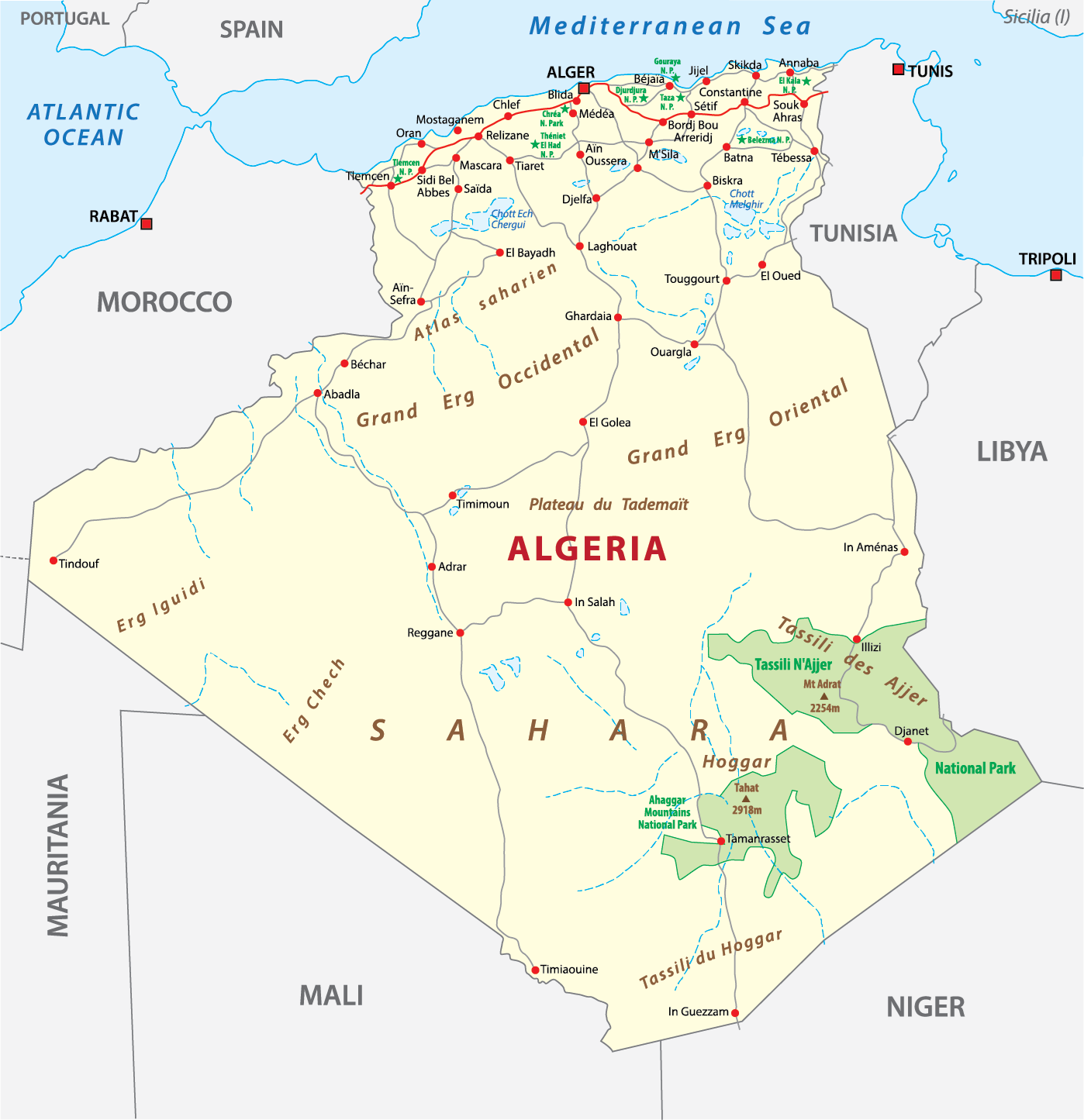
Source: SFA (Oxford)
Geopolitics and Energy Security
As Europe pivots away from Russian gas, Algeria has regained strategic significance. It supplies gas via the TransMed and Medgaz pipelines and has signed new energy agreements with Italy, Germany, and France. This geopolitical position could be leveraged to attract investment in solar, hydrogen, and grid infrastructure. Algeria must ensure that energy diplomacy aligns with national development, industrialisation, and climate goals.
Algeria’s participation in the African Continental Free Trade Area (AfCFTA) and opportunities for regional energy integration remain underdeveloped. Strengthening cross-border electricity trade, particularly through the Maghreb power pool, and collaborating on hydrogen corridors and mineral value chains with Tunisia, Mauritania, and Niger would reinforce Algeria’s strategic role in North African energy security and industrial competitiveness.
Digital innovation remains an untapped lever for Algeria’s energy and mining transitions. Integrating digital permitting, real-time emissions tracking, and blockchain-based traceability for critical minerals could enhance transparency, attract ESG-focused investors, and align Algeria’s exports with EU and global standards for sustainable sourcing.
From Hydrocarbon Dependency to Clean Energy Development
Algeria’s energy system remains dominated by fossil fuels, which generate over 90% of electricity and contribute approximately 95% of export revenues. This deep reliance on hydrocarbons creates structural vulnerabilities, particularly in light of global energy price volatility, rising domestic gas consumption, and international decarbonisation trends. However, Algeria also holds vast untapped renewable resources, most notably in solar, and benefits from a strategic location close to major European markets. These advantages position Algeria to emerge as a regional clean energy leader if it can accelerate reform and unlock investment.
Scaling Renewable Energy and Strengthening Infrastructure
The Algerian government’s Renewable Energy and Energy Efficiency Programme sets out a target of installing 15 GW of renewable capacity by 2035. The programme prioritises solar PV, leveraging the country’s exceptional solar potential in the Sahara, where irradiation exceeds 2,500 kWh/m² annually. In 2023, Algeria launched a 2 GW solar tender to stimulate private investment across multiple wilayas, marking a shift from state-led development to public-private participation.
Yet infrastructure remains a critical constraint. Sonelgaz, the national utility, controls power generation and the electricity grid, which suffers from transmission losses, ageing assets, and limited interconnection. These limitations restrict the integration of intermittent renewables and limit rural electrification. Sonelgaz has begun rolling out digital controls and grid upgrades, with support from international financial institutions. However, achieving grid readiness for renewable energy targets will require large-scale capital investment, regulatory reform, and expanded regional interconnection.
Algeria does not yet have a national energy storage strategy, despite the growing integration of intermittent solar power. Battery storage and pumped hydro could enhance grid flexibility, support hydrogen electrolysis efficiency, and ensure system resilience. Establishing demonstration projects and regulatory incentives for storage deployment would help stabilise supply, reduce gas peaking reliance, and catalyse private sector involvement in grid services.
Critical Minerals and Resources
Algeria’s mining sector is anchored by a few well-established operations and holds significant potential for expansion into critical minerals essential for the global energy transition. The Djebel Onk phosphate basin is one of the largest known phosphate reserves in Africa. Operated by FERPHOS in partnership with Manal Group, it has long supplied domestic fertiliser producers and international markets. Algeria’s phosphate reserves exceed 2 billion tonnes, with plans for an integrated phosphate-fertiliser industrial complex with China.
The Ain Barbar barite mine in Oum El Bouaghi supplies drilling-grade barite for oil and gas. Algeria also produces bentonite, kaolin, and diatomite, mainly for domestic and regional use. Exploration is increasing for rare earth elements, tungsten, and cobalt, though no commercial-scale operations yet exist. The Amizour zinc-lead project by Terramin is a notable foreign investment and could serve as a model for other ventures.
New licensing in southern provinces targets gold and tantalum, though logistical and security concerns persist. A national mining tender planned for 2025 will prioritise battery and energy transition minerals. Algeria must modernise its geological survey systems, publish resource data, and build downstream capabilities such as rare earth separation or cathode precursor processing.
Critical Minerals and Resources
Algeria’s mining sector is anchored by a few well-established operations and holds significant potential for expansion into critical minerals essential for the global energy transition. The Djebel Onk phosphate basin is one of the largest known phosphate reserves in Africa. Operated by FERPHOS in partnership with Manal Group, it has long supplied domestic fertiliser producers and international markets. Algeria’s phosphate reserves exceed 2 billion tonnes, with plans for an integrated phosphate-fertiliser industrial complex with China.
The Ain Barbar barite mine in Oum El Bouaghi supplies drilling-grade barite for oil and gas. Algeria also produces bentonite, kaolin, and diatomite, mainly for domestic and regional use. Exploration is increasing for rare earth elements, tungsten, and cobalt, though no commercial-scale operations yet exist. The Amizour zinc-lead project by Terramin is a notable foreign investment and could serve as a model for other ventures.
New licensing in southern provinces targets gold and tantalum, though logistical and security concerns persist. A national mining tender planned for 2025 will prioritise battery and energy transition minerals. Algeria must modernise its geological survey systems, publish resource data, and build downstream capabilities such as rare earth separation or cathode precursor processing.
Governance, Social Equity and Just Transition
Algeria holds significant but underdeveloped resources of barite, rare earths, tungsten, and phosphates. It plans to survey strategic reserves by 2027 and develop five new mineral projects by 2030. To succeed, Algeria must reform its mining code, introduce global ESG standards, and establish transparent licensing.
The Ministry of Energy Transition, created in 2020, has made progress but remains institutionally constrained by the more powerful Ministry of Energy and Mines. Slow permitting and regulatory fragmentation deter investors. Reforms should prioritise market liberalisation, faster project approvals, and inter-ministerial coordination.
Social equity is essential. Algeria faces high youth unemployment and regional disparities. Fossil fuel subsidies are slated to fall by 25% by 2032, with funding redirected to renewables and training. Expanding off-grid solar in rural areas and increasing women's participation in energy careers will help deliver a fair transition.
Technical and vocational education will be crucial to build the workforce needed for a clean economy. Algeria would benefit from public-private partnerships to develop specialised training in solar installation, hydrogen systems, grid management, and mineral processing. A national green skills strategy would support job creation, youth inclusion, and industrial localisation.
Algeria's energy and power mix
Derived and processed Critical Minerals products and recycling in Algeria
Energy Raw Materials and products produced in Algeria
Essential minerals production and products in Algeria
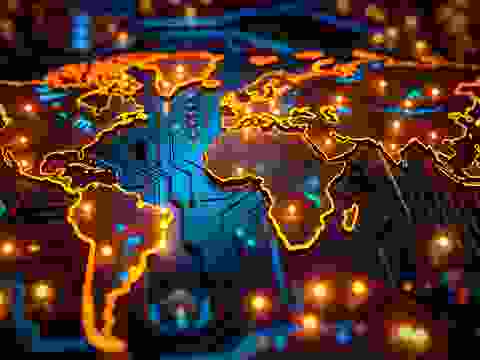
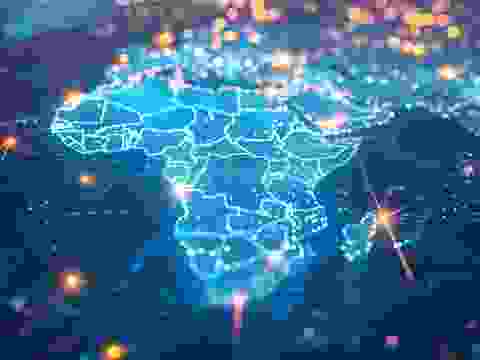
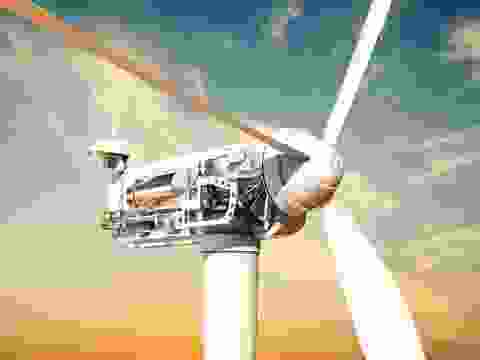

Meet the Critical Minerals team
Trusted advice from a dedicated team of experts.

Henk de Hoop
Chief Executive Officer

Beresford Clarke
Managing Director: Technical & Research

Jamie Underwood
Principal Consultant

Dr Jenny Watts
Critical Minerals Technologies Expert

Ismet Soyocak
ESG & Critical Minerals Lead

Thomas Shann Mills
Senior Machine Learning Engineer

Rj Coetzee
Senior Market Analyst: Battery Materials and Technologies

Franklin Avery
Commodity Analyst

Shunjie Zhao (Tony)
Commodity Analyst: APAC
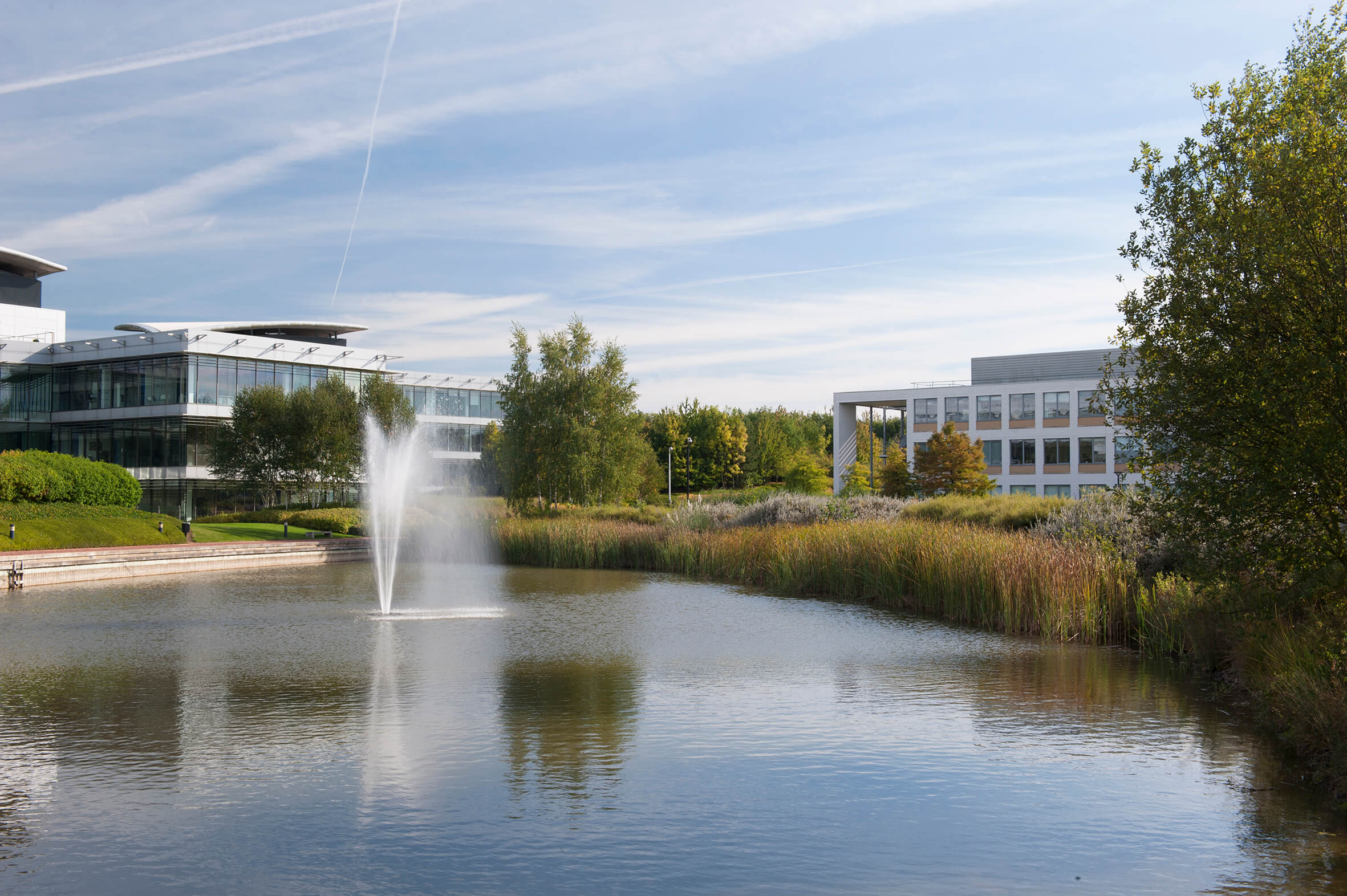
How can we help you?
SFA (Oxford) provides bespoke, independent intelligence on the strategic metal markets, specifically tailored to your needs. To find out more about what we can offer you, please contact us.
